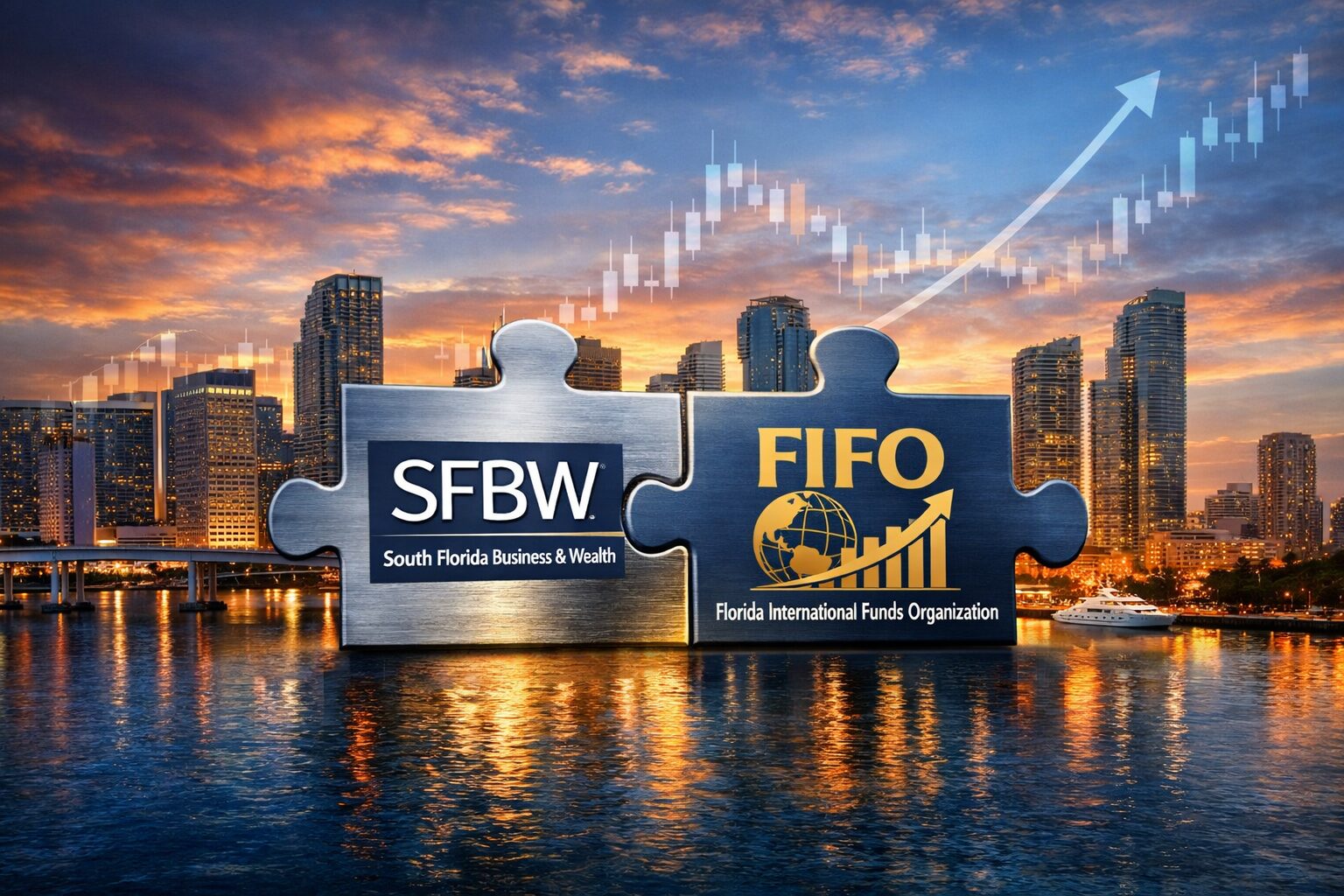The housing market has been booming since the Great Recession, which can make you wonder how long the good times will go on.
There are some signals that echo what happened during the go-go days of the mid-2000s. One is home equity ads that encourage people to use their home as a piggy bank. Irresponsible lending and consumers who are overloaded on debt were a major reason for the Great Recession. The Federal Reserve Bank of New York reported that consumer debt climbed $193 billion to an all-time high of $13.15 trillion in the last quarter of 2017.
The housing market also faces headwinds from rising mortgage rates, which make monthly payments higher and put downward pressure on home prices. The 30-year fixed mortgage rate jumped 3 basis points to reach 4.43 percent in the March 8 Freddie Mac survey. The 30-year rate has been on a tear in 2018, climbing 48 basis points (0.48 percent) since the start of the year and increasing for eight consecutive weeks.
Florida Atlantic University and Florida International University faculty have developed the Beracha, Hardin & Johnson Buy vs. Rent (BH&J) index to try and figure out if U.S. housing markets are hitting a peak. The bad news is the index indicates they are. The good news is there isn’t a big price collapse expected.
The index shows home prices, which have been rising steadily since 2012 in most parts of the country, have begun to slow.
“Housing markets are slowing, suggesting that we are nearing a peak in housing markets around the U.S.,” said Ken Johnson, Ph.D., a real estate economist and one of the index’s creators in FAU’s College of Business. “But this is good news, as we are pulling back from the brink, unlike we did in 2007.”
Based on numbers from the end of the fourth quarter of 2017, the latest BH&J Buy vs. Rent Index follows recent S&P CoreLogic Case-Shiller 20-City Home Price Index scores, which showed home prices rose 6.3 percent over the past year, the fastest 12-month pace in more than three years, as potential home buyers jostled over a limited inventory of available properties.
Of the 23 separate metro areas in the BH&J Index, 13 are slightly to moderately in buy territory, while 10 metro areas are slightly to moderately in rent territory. You can see in the following graph that it was better to rent during the boom years before the recession in Miami, but it was better to buy after the recession when prices were depressed. Presumably, some renters might want to wait now in anticipation of falling prices.

Looking beyond the index, Zillow predicts housing prices in Miami will drop 1.2 percent over the next year. Prices in Fort Lauderdale will drop 0.4 percent. Prices in West Palm Beach will drop 0.8 percent.
Not all markets will have drops, though, Zillow says. Prices in the town of Palm Beach are expected to rise 0.3 percent. The small city where I live, Wilton Manors, is expected to see a 1.3 percent increase after an 11.3 percent increase over the past year.
The worst South Florida market I found was Miami Beach where prices have dropped 5.7 percent and are expected to drop another 2.4 percent. That’s notable because Miami Beach fared relatively well during the recession. There may be some good deals to be had. A Real Deal article shows how prices were reduced on sales of condos at Faena House, one of the nicest properties on the beach.














